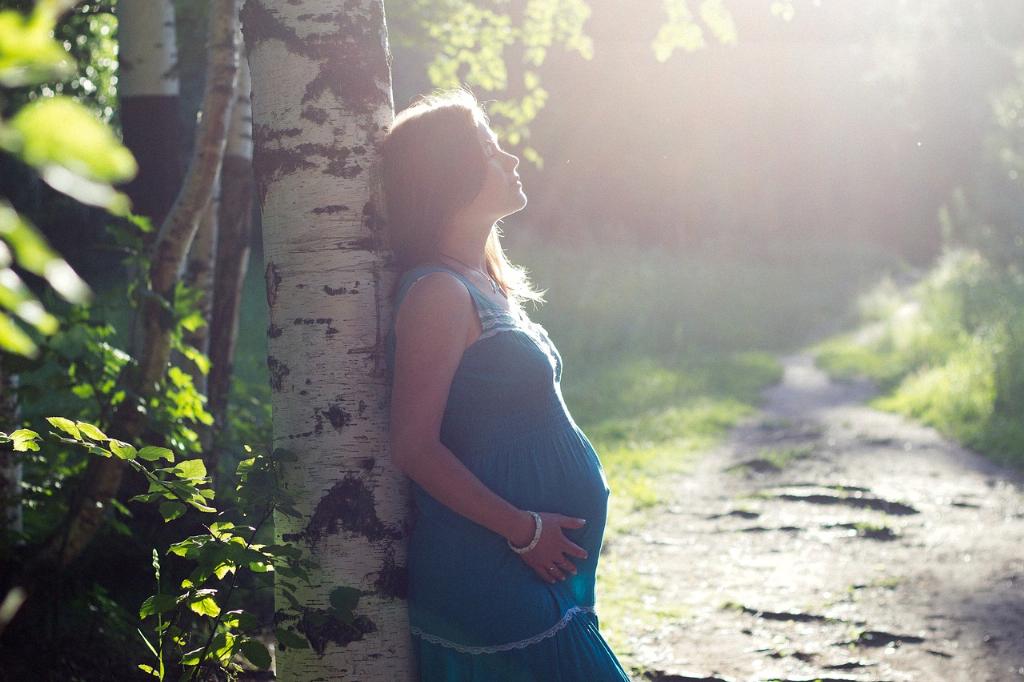When it comes to allergies during pregnancy, the effects on the mother are often the primary concern. However, it is essential to also consider how allergic reactions can impact the baby. One of the most severe consequences of an allergic reaction during pregnancy is anaphylaxis, a potentially life-threatening condition that can have serious repercussions for both the mother and the fetus.
Anaphylaxis in pregnancy poses a significant risk to both the mother and the baby. In some cases, it can lead to fetal hypoxic/ischaemic encephalopathy, a condition characterized by a lack of oxygen or blood flow to the baby’s brain, which can result in long-term neurological complications.
It is crucial to note that any substance capable of triggering anaphylaxis in a non-pregnant individual has the potential to induce the same reaction in pregnant women who are susceptible. This means that pregnant women with known allergies should take extra precautions to avoid potential triggers and be prepared to respond swiftly in the event of an allergic reaction.
During an allergic reaction, the mother’s body produces antibodies and releases chemicals such as histamine, which are designed to combat the allergen. However, these substances can also trigger a cascade of events that may affect the baby’s health and development.
One of the primary concerns during an allergic reaction is the potential for decreased oxygen supply to the fetus. If the mother experiences severe respiratory distress or anaphylactic shock, it can lead to a decrease in oxygen levels in the blood, affecting the baby’s oxygen supply as well.
Furthermore, the release of inflammatory substances during an allergic reaction can potentially trigger uterine contractions and increase the risk of premature labor. This can have serious consequences for the baby, including respiratory distress, feeding difficulties, and long-term health issues.
Some allergic reactions may also involve the use of medications such as epinephrine to manage symptoms. While these medications can be life-saving for the mother, they may have unintended effects on the baby. It is essential for pregnant women to consult with their healthcare provider to weigh the risks and benefits of using medications during an allergic reaction.
Additionally, allergic reactions during pregnancy can contribute to increased stress and anxiety for the mother, which can indirectly impact the baby’s development. Chronic stress during pregnancy has been linked to a range of adverse outcomes for the baby, including low birth weight, preterm birth, and developmental delays.
It is important for pregnant women to be proactive in managing their allergies and taking steps to prevent allergic reactions whenever possible. This includes identifying and avoiding potential triggers, carrying necessary medications as prescribed by a healthcare provider, and having a plan in place for responding to allergic reactions.
Regular prenatal care and open communication with healthcare providers are crucial for ensuring the health and well-being of both the mother and the baby during pregnancy. By staying informed and proactive, pregnant women can minimize the risks associated with allergic reactions and help ensure a healthy pregnancy and birth.

